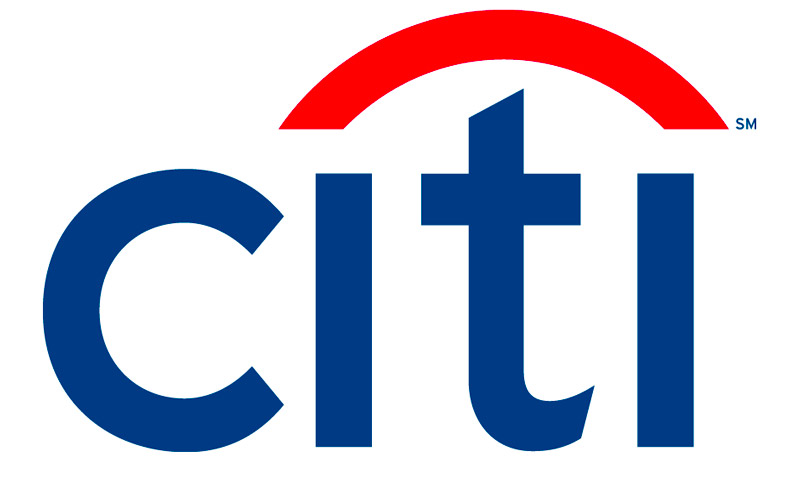| Pandemic Relief Must Include Emergency Housing Assistance |
|
Published June 29, 2020 July 1 is just a couple days away, and half of New Jersey’s 1 million renters are worried about making the rent. We know housing is health — and the COVID-19 crisis has confirmed it. Access to a safe and affordable home during this pandemic has literally been a matter of life and death. Now that New Jersey’s stay-at-home order has been lifted, expiration of eviction moratoriums isn’t far behind. What happens to vulnerable renters then? What happens to those who have fallen behind on their rent as a result of the pandemic’s economic fallout? Rents in New Jersey are the sixth highest in the nation, and we have a shortage of 217,640 affordable and available rental homes for the 301,079 extremely low income (ELI) renter households statewide. Housing instability and homelessness here and all over the country is a major concern, now more than ever. In a recent national poll, 80% of respondents felt it’s important for government to provide assistance to help people cover their housing costs during the COVID-19 outbreak. New Jersey is doing its part by implementing a short-term rental assistance program and considering legislation (A-4226) sponsored by Assemblywoman Britnee Timberlake (D-Essex) to avoid a tsunami of evictions. It’s now time for Congress to take bold action to help people already struggling to make ends meet by including emergency rental assistance in the next coronavirus response package. The House of Representatives passed the Health and Economic Recovery Omnibus Emergency Solutions Act (HEROES Act), H.R. 6800 on May 15, which includes three top priorities to ensure housing stability during and after the pandemic:
This is a crucial piece of legislation that we urge members of the U.S. Senate to support and include in the next coronavirus-response package. In addition, the National Low Income Housing Coalition estimates that at least $100 billion is needed nationally in emergency rental assistance to keep families stably housed. We thank Reps. Josh Gottheimer (D-5th), Donald Payne Jr. (D-10th), Bill Pascrell Jr. (D-9th), Albio Sires (D-8th) and Bonnie Watson Coleman (D-12th) and U.S. Sens. Robert Menendez and Cory Booker for co-sponsoring the Emergency Rental Assistance and Rental Market Stabilization Act to invest in that level of funding for such emergency rental assistance. According to the Urban Institute, between March 25 and April 10 of this year, nearly half of renters ages 18 to 64 reported that they were having trouble paying their rent or utilities, were food-insecure or couldn’t afford needed medical care. Even before the coronavirus, far too many of America’s lowest-income households — seniors, people with disabilities, low-wage workers — were just one financial shock away from falling behind on their rent and being threatened with eviction, and in worst cases, homelessness. When living paycheck-to paycheck, a broken-down car, a sick child or missed days at work can put someone at imminent risk of losing their home. Access to an affordable home was already out of reach for many of our residents, and the economic disruption they are currently experiencing because of the coronavirus adds to the many nearly insurmountable challenges low-income renters were already trying to navigate. The reduction in wages or lost jobs that workers are experiencing during the pandemic will be catastrophic, unless Congress acts immediately. The coronavirus relief funding that passed in Congress (CARES Act) and was signed into law by President Trump has been a step in the right direction, but only scratches the surface considering the devastation this virus has had on our economy. It doesn’t address emergency rental assistance, more homelessness-response funding, and a uniform, national eviction moratorium. With the extra $600 per week in federal unemployment benefits set to expire at the end of July and the end of eviction moratoriums, we are facing a tsunami of evictions. Having nowhere to go in the middle of a global health crisis puts tenants at greater risk of contracting and spreading COVID-19, jeopardizing our public health. Housing is health care, and unless Congress acts quickly, renters at risk can lose the homes that have kept them, and others, safe during this time. Ensuring housing stability is not just an economic necessity, but a moral and health imperative. |














